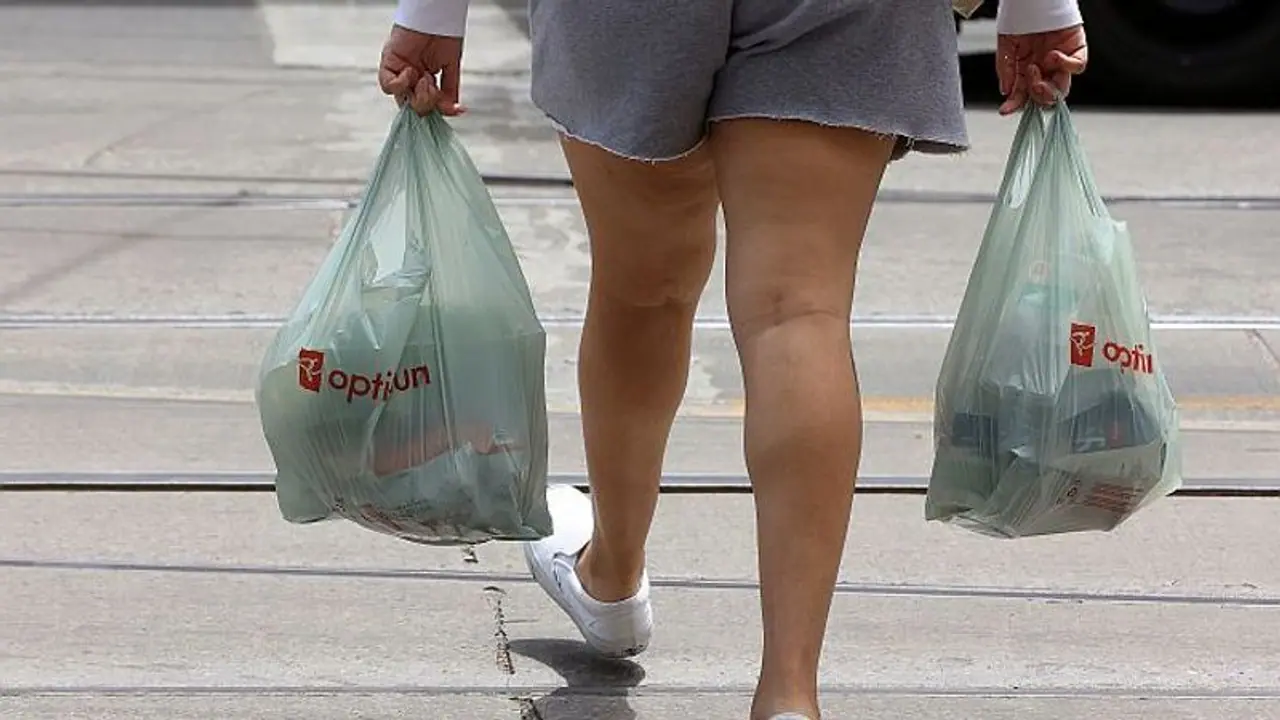The decision to impose the ban was necessitated by the statistic that the country alone produces 9.46 million tonnes of plastic waste, of which 43 per cent is single-use plastic which refers to objects that are used just once and then discarded. Confusion prevails about what is not banned. Let's take a look.
The ban on single-use plastic products came into effect across India on July 1, 2022, a move aimed at making the planet more sustainable. The decision to impose the ban was necessitated by the statistic that the country alone produces 9.46 million tonnes of plastic waste, of which 43 per cent is single-use plastic, which refers to objects that are used just once and then discarded.

Also Read: 'More plastic waste, bigger the platter': Gujarat cafe to accept payment in plastic
Violating the ban could see the individual facing action that will include a fine of up to Rs 1 lakh or a jail term of up to five years or both under the Environment Protection Act, 1986. The banned items include ice-cream sticks, polystyrene (thermocol), plates, cups, glasses, forks, spoons, earbuds, plastic sticks for balloons, flags, candy sticks, wrapping or packaging films around sweets boxes, invitation cards, cigarette packets, knives, stirrers, straws, trays and plastic or PVC banners of less than 100 microns.
Even as efforts create awareness against the use of such commodities and promote their alternatives, confusion prevails about what is not banned. Let's take a look:
* PET bottles having a liquid holding capacity of 200 ml or more with deposit and refund price or buy-back price under EPR printed on them.
* Recyclable plastic stationery products used at office and educational institutions.
* Thermocol boxes to preserve fish in the fishery business
* Plastic for packaging of medical equipment and medical products
* Plastic items like bottles, tiffins and boxes used for domestic purposes.
* Recyclable multi-layered plastic items like chips packets, shampoo sachets, oil packets and chocolate packets.
* Virgin plastic bags used for milk (they should have a thickness of not less than 50 microns and must be printed with a buy-back price)
* Paper-based carton packaging using one or more layers of plastic.
* Compostable plastic bags used for horticulture, agriculture, plant nurseries and solid waste handling.
* Plastic packaging material with more than 50-micron thickness and a minimum of two grams weight used to seal groceries and grain products at wholesale and retail stores. They should have deposit and refund price or buy-back price under EPR printed on them.
* Manufacture of plastic bags for export purposes in export-oriented units and Special Economic Zones.
